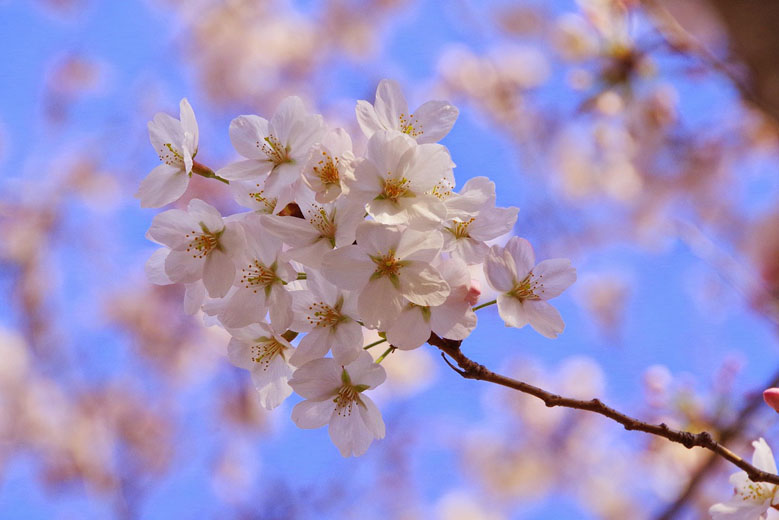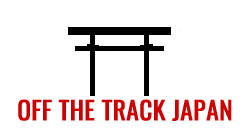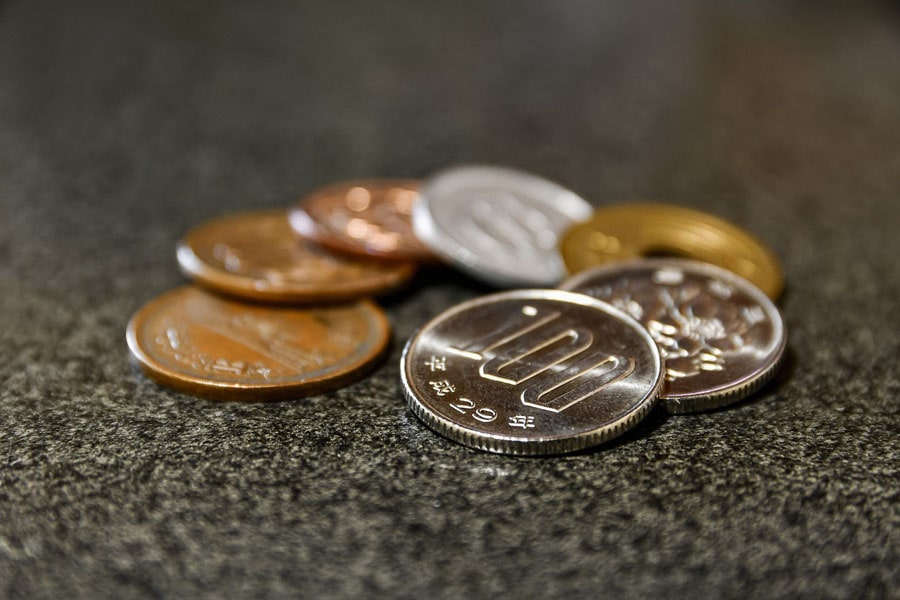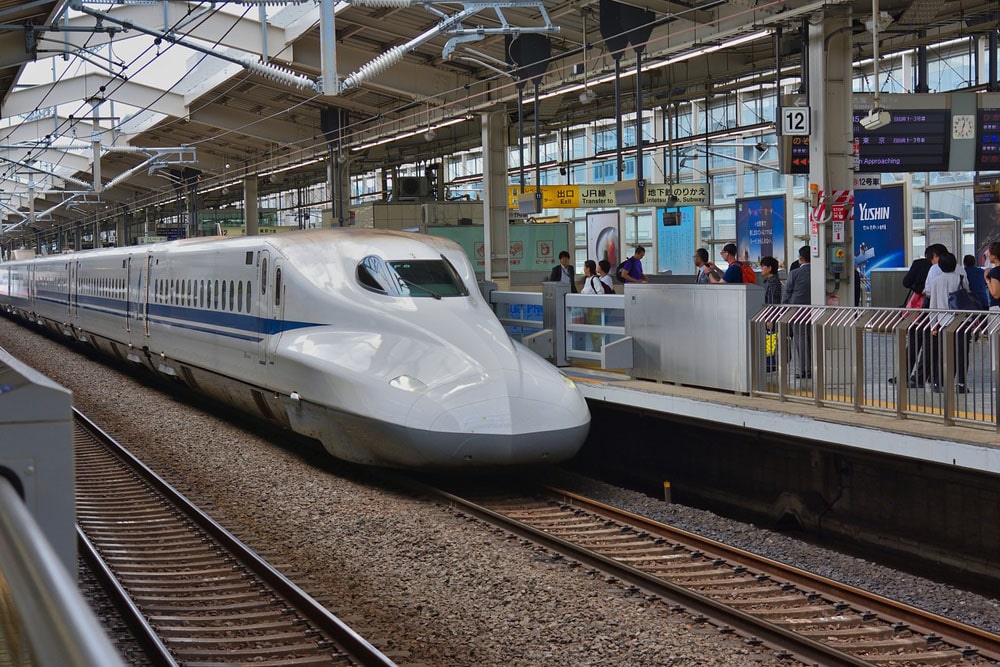
Japan has a number of public holidays spread throughout the year, complemented by an array of annual events celebrated by the local population. During public holidays, you can expect mass closures of some tourism establishments and restaurants, while during the annual events, you may find an increased amount of people visiting some key sites, such as temples and shrines. Time and dates fluctuate slightly year on year.
GOLDEN WEEK: It’s important to mention that the Japanese government occasionally adds special public holidays to create longer breaks, known as “Golden Week” in late April and early May, and “Silver Week” in September. These weeks consist of consecutive holidays to encourage vacation time for citizens. During this time, flight prices increase wildly due to limited availability, and there can be enormous crowds at key tourist destinations around the country.
Below is a list of some of the key dates in Japan to help you plan you trip.
- January 1 (Public holiday)
New Year (Shōgatsu or Ganjitsu):
While only 1 January is designated as a national holiday, many businesses remain closed until around 3 January, some with extending a full week.
- January 1 (Public holiday)
- Second Monday of January (Public holiday)
Coming of Age (Seijin no Hi)
The coming of age of young adults is celebrated on this public holiday.
- Second Monday of January (Public holiday)
- February 3
Beginning of spring (setsubun):
Setsubun is not a national holiday, but celebrated at shrines and temples nationwide.
- February 3
- February 11 (Public holiday)
National Foundation Day (kenkoku kinenbi):
A holiday to celebrate the first emperor of Japan, when Japan was first founded.
- February 11 (Public holiday)
- February 14
Valentine’s Day:
In Japan, women give chocolates to men on Valentine’s Day. On White Day (March 15), men give chocolates to women. It is not classed as a public holiday, but instead an annual event celebrated by many school aged children.
- February 14
- February 23 (Public holiday)
Emperor’s Birthday (tenno no tanjobi):
The birthday of the current emperor is always a Public holiday. This date will change as a new emperor ascends the throne.
- February 23 (Public holiday)
- March 3
Doll’s Festival (hina matsuri):
On this day, families with girls wish their daughters a successful and happy life. Dolls are displayed in the house together with peach blossoms. It is not a public holiday, but instead an annual event.
- March 14
White Day:
Similiar to Valentines day, but instead, Men give cakes or chocolates to women. It is not a public holiday, but instead an annual event.
- March 3
- Around March 20 (Public holiday)
Spring Equinox Day (shunbun no hi):
Graves are visited during the week of the Equinox Day. It is not a public holiday, but instead an annual event
- Around March 20 (Public holiday)
- April 29 (Public holiday)
Showa Day (Showa no hi):
The birthday of former Emperor Showa.
- April 29 (Public holiday)
- May 3 (Public holiday)
Constitution Day (kenpo kinenbi):
A national holiday remembering the new constitution, which was put into effect after the war.
- May 3 (Public holiday)
- May 4 (Public holiday)
Greenery Day (midori no hi):
A day to celebrate greenery and nature.
- May 4 (Public holiday)
- May 5 (Public holiday)
Children’s Day (kodomo no hi):
A day to celebrate young children in Japan/
- May 5 (Public holiday)
- July/August 7
Star Festival (tanabata):
Summer Festival period. It is not a public holiday, but instead an annual event.
- July/August 7
- Third Monday of July (Public holiday)
Ocean Day (umi no hi):
A recently introduced national holiday to celebrate the ocean. The day marks the return of Emperor Meiji from a boat trip to Hokkaido in 1876.
- Third Monday of July (Public holiday)
- August 11 (Public holiday)
Mountain Day (yama no hi):
Introduced in 2016, this Public holiday celebrates the mountains. Locals often use this day to get out and do a light hike in nature.
- August 11 (Public holiday)
- July/August 13-15
Obon:
Obon is a Buddhist event to remember and pay respect to deceased ancestors. It is not a public holiday, but instead an annual event.
- July/August 13-15
- Third Monday of September (Public holiday)
Respect for the Aged Day (keiro no hi):
A day to celebrate the aged and longevity of elderly residents in Japan.
- Third Monday of September (Public holiday)
- Around September 23 (Public holiday)
Autumn Equinox Day (shubun no hi):
Graves are visited during the week of the Equinox Day.
- Around September 23 (Public holiday)
- Second Monday of October (Public holiday)
Health and Sports Day (taiiku no hi):
On that day in 1964, the Olympic games of Tokyo were opened.
- Second Monday of October (Public holiday)
- November 3 (Public holiday)
Culture Day (bunka no hi):
A day for promotion of culture and the love of freedom and peace. On culture day, schools and the government award selected persons for their special, cultural achievements. The day was originally a public holiday because it was Emperor Meiji’s birthday. Later in 1946, the post-war constitution was promulgated on the this date which led to the establishment of Culture Day. - November 23 (Public holiday)
Labour Thanksgiving Day (kinro kansha no hi):
A Public holiday for honoring labour. - December 24-25
Christmas:
Christmas is not technically a public holiday. During the weeks leading up to Christmas, malls and stores often decorate their establishments. The actual Christmas day is quite commercialized, and one notable tradition in Japan around Christmas is eating KFC on Christmas day. - December 31
New Year’s Eve :
It is not a public holiday, but instead an annual event at the end of the year. Firework displays are common across the country.
- November 3 (Public holiday)





